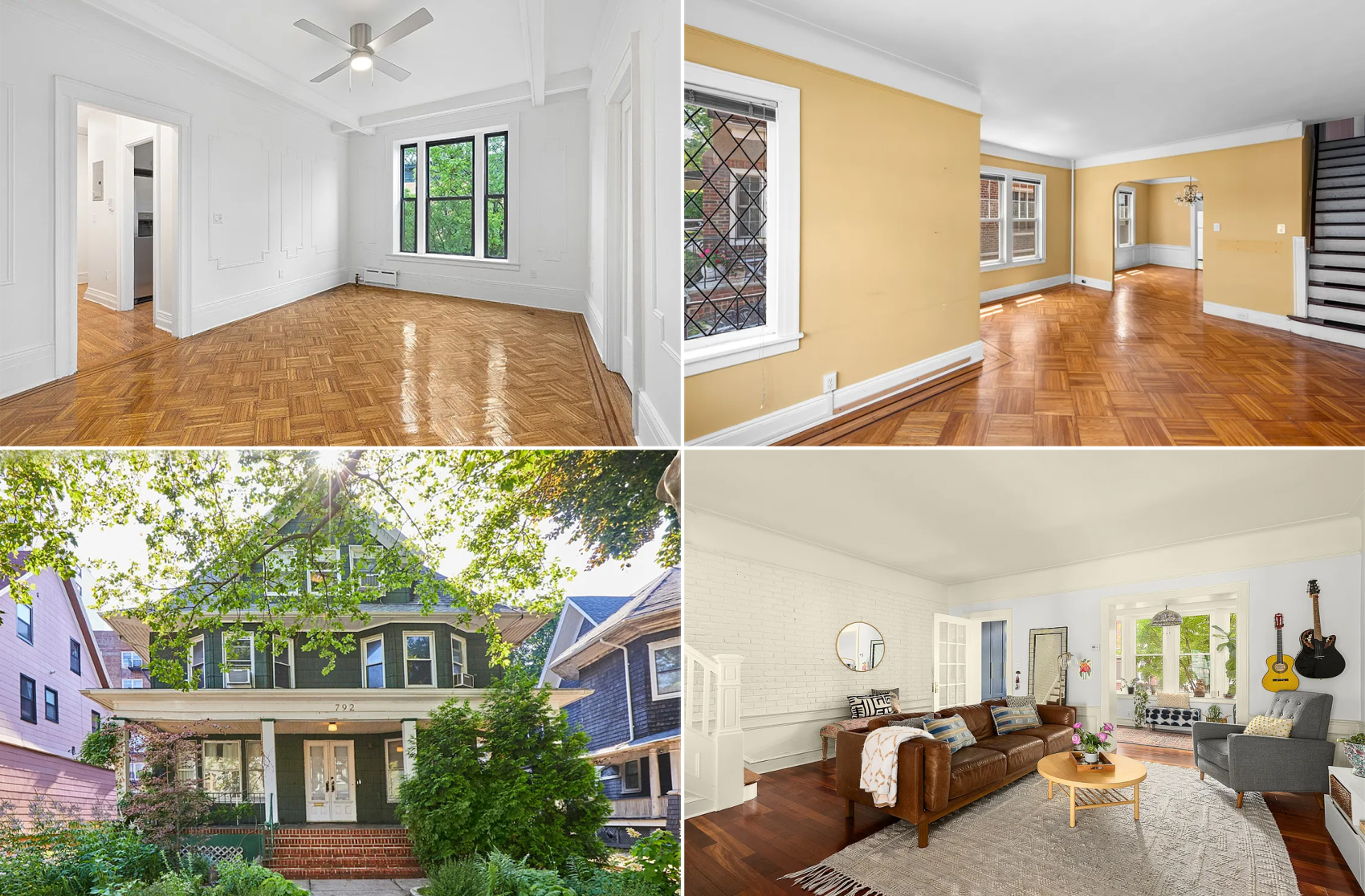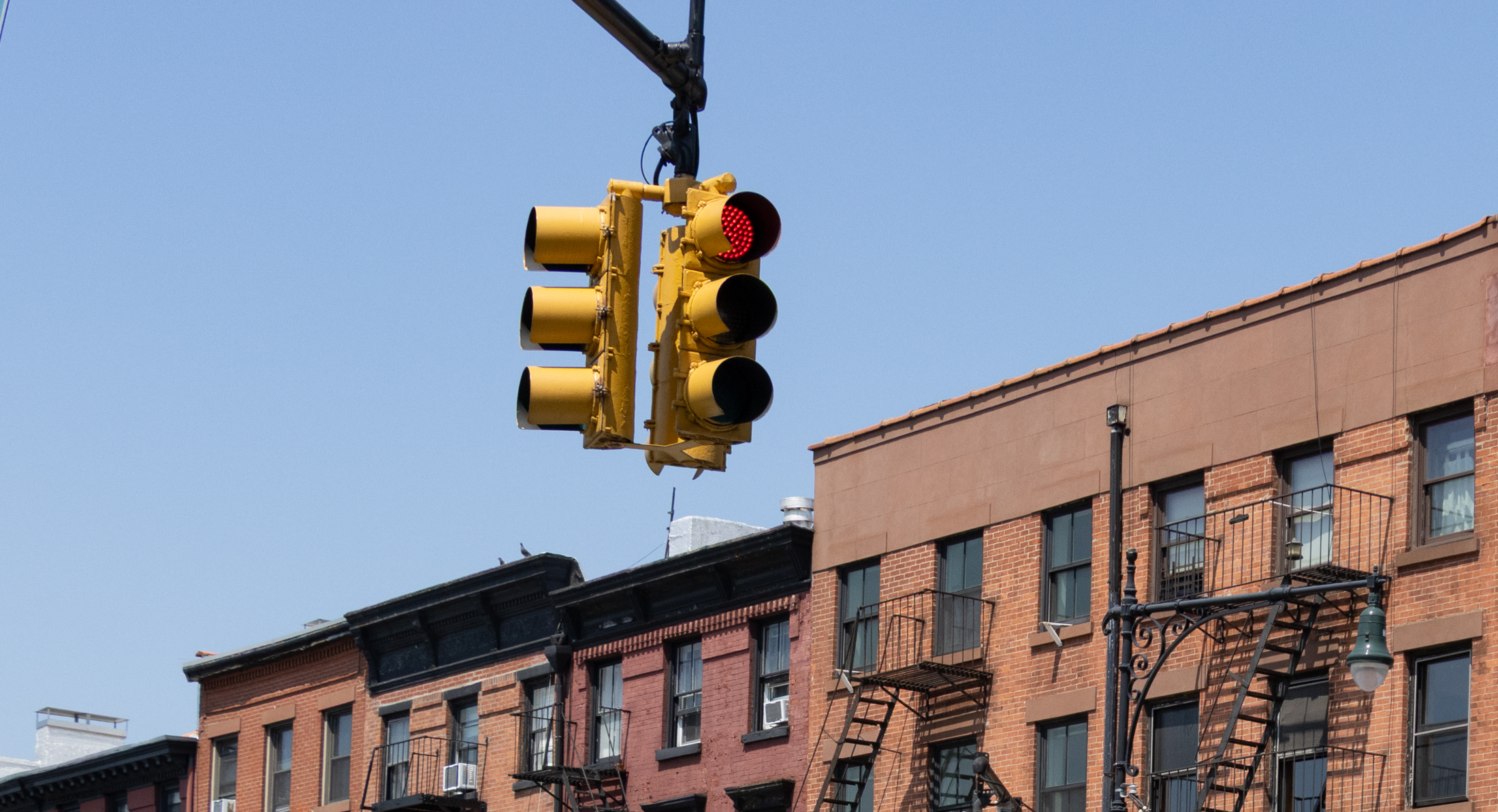Rent Stabilization: Golden Noose or Goose?
The cover story in this weekend’s real estate section of The Times takes a look at one of the most fascinating and contentious aspects of New York City real estate: Rent stabilization. On the one hand, the article profiles some people who say they wouldn’t have been able to afford to live in New York…


The cover story in this weekend’s real estate section of The Times takes a look at one of the most fascinating and contentious aspects of New York City real estate: Rent stabilization. On the one hand, the article profiles some people who say they wouldn’t have been able to afford to live in New York without rent stabilization and, on the other, it documents the frustrations landlords often encounter when trying to take buildings out of the stabilization program. We found this tidbit to be the most intriguing of the article: “[Steven R. Wagner], the lawyer, says big development companies usually figure the cost of buying out rent-stabilized tenants into the overall budget. But they are really just guessing. There is no telling how high a hurdle they will face—both legally and financially. He cited several cases in which the gap between the first offer made by developers and that accepted by tenants had been hundreds of thousands of dollars.” Any readers been on the tenant or landlord side of the aisle in a scenario where deregulation was being attempted?
The Lucky Break of Rent Stabilization [NY Times]
Photo by Listen Missy!





I bet when Brownie sees a rent regulated story, he wets himself. “This will generate hits,” he says to himself. “The responses are entirely predictable and not very nuanced, but it will generate hits.”
See WillBklyn for a comment I (predictably) make every time.
As for a cap, a rent regulated apartment is legally an asset. (Don’t believe me? Live in one while going through a contested divorce.) If someone wants to purchase any asset, purchaser and seller must reach an agreed-upon price. I started to elaborate, but it is really that simple.
I’m not a passionate defender of rent control, but every person involved in these stories knew that they were either renting a rent-stabilized apartment, or when they bought the building, knew they were buying a rent stabilized building. Or they have had like a half century to adjust to the realities of rent stabilization.
Rent Stabilization isn’t exactly NEW.
Nobody has to pay these tenants anything – all they have to do it let them continue to live in their apartments. They pay them to move because it makes economic sense for the owners – they aren’t paying them this money in order to LOSE more money.
Also people who live in rent stabilized apartments, and then use the money they aren’t spending on rent to do other things, like invest in real estate, aren’t gaming the system. I live in a regular old apartment and I use the money I don’t spend on rent to invest and do other things too. It’s not an anti-poverty program, it’s a rent stabilization program.
My friend has a lovely 2 bedroom in boston for $1650.
Boston?
Okay, but Boston sucks?
For every punk making 200K and living fat on the upper west side, there are 100 families who would see their rent jacked up way beyond what they could afford without rent control.
And as far as elected representatives, it seem to me like thier choice is to either represent the interests of all of the millions of people who depend on these laws, or the interests of the deep-pocketed real estate interests who fund their campaigns. The right thing to do is to support the renters.
abolishing rent regulation doesnt really change things in the end despite what people thing. see: boston.
*rob*
If your goal were to increase the supply and affordability of housing, you would abolish rent regulation.
If your goal were to curry favor with a politically potent voting block, you would maintain the status quo.
So it’s no surprise which course our elected representatives take.
Abolish rent control.
oh whatever. rent controlled and rent stabalized tenants are pretty much the only interesting people left in nyc! abolish that it will be one ginormous moonface borefest of a city.
*rob*